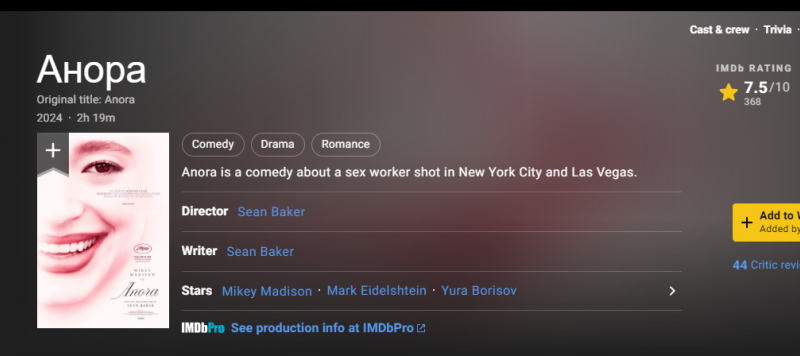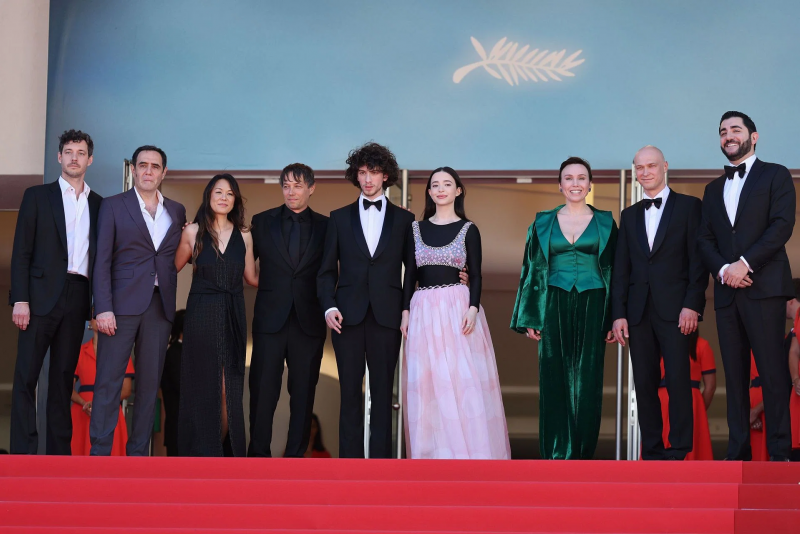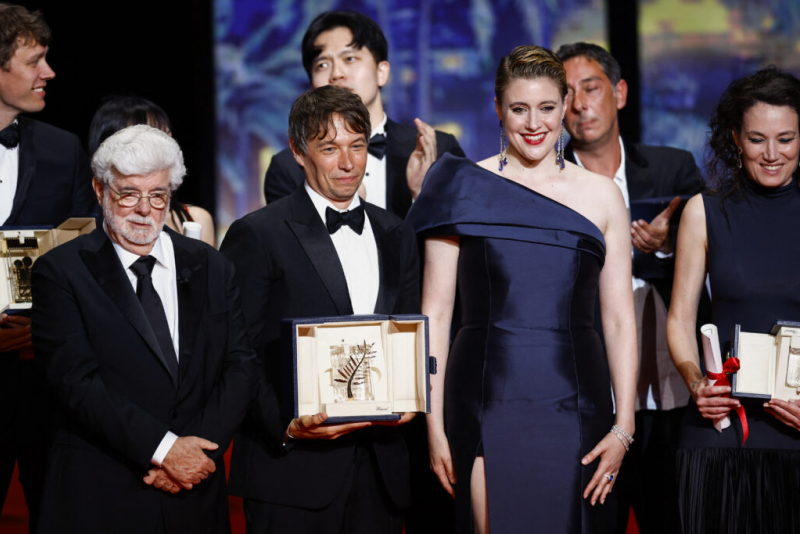Film featuring a prostitute from Uzbekistan receives an award at the Cannes Film Festival
Art & Culture
−
12 June 2024 96390 2 minutes
Directed by an American, the film about a Uzbek prostitute won the "Golden Palm Leaf" at the 77th Cannes Film Festival.

The film's main character is a Uzbek girl working as a prostitute, sparking numerous discussions over the past few days. IMDb gave it a 7.5 rating, which is considered quite good.

Titled "Anora" after its Uzbek protagonist, this comedy-drama by American director Sean Baker stars Mikey Madison, Mark Eidelstein, and Yura Borisov.
The film premiered on May 21, 2024, at the 77th Cannes Film Festival, receiving a nine-minute standing ovation. It was awarded the "Golden Palm Leaf" on May 25.
 Set in Brooklyn, the movie follows 23-year-old Anora, an Uzbek dancer and prostitute who goes by Ani. She meets Russian major Vanya at a nightclub, and he takes her to a luxurious house where they drink and play PlayStation. Vanya, the son of a wealthy oligarch, proposes to Ani with a four-carat diamond ring, suggesting they elope in Las Vegas. However, this Cinderella-like story turns dark as Vanya’s parents rush from Russia to New York to stop the marriage.
Set in Brooklyn, the movie follows 23-year-old Anora, an Uzbek dancer and prostitute who goes by Ani. She meets Russian major Vanya at a nightclub, and he takes her to a luxurious house where they drink and play PlayStation. Vanya, the son of a wealthy oligarch, proposes to Ani with a four-carat diamond ring, suggesting they elope in Las Vegas. However, this Cinderella-like story turns dark as Vanya’s parents rush from Russia to New York to stop the marriage.

Though the film hasn't been widely released yet, critics have begun to weigh in. Notably, Russian film critic Sergey Sichyov criticized Sean Baker’s film, calling it "simplistic" compared to contemporary life.
"Had it been made 30 years ago, it might have been relevant," Sichyov remarked.

Sichyov further noted that the film offers little insight into Russia, criticizing the choice of a Russian character as one of the leads. He argued that such an incident could happen to anyone, regardless of nationality, as wealth and romantic struggles are universal. He also pointed out the shortcomings of an American director creating a film about a Russian character.
"It's unlikely the director has assimilated into Russian culture. At least the characters don't constantly quote Pushkin or Dostoyevsky, which would have been worse," Sichyov commented.

Despite the criticism, the film primarily focuses on the Uzbek girl. How have Uzbek film critics responded to this portrayal of a Uzbek woman in such an intimate context, and what do cultural representatives think of its global presentation?
It's rare for a film about a Uzbek girl to be featured and awarded at Cannes. This raises concerns about whether it will create stereotypes about Uzbek women among global audiences.



